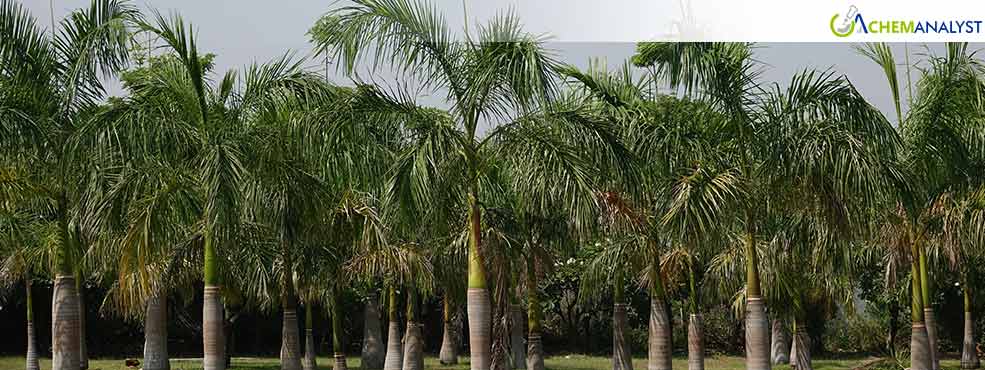Welcome To ChemAnalyst

Indonesia's aggressive push to regulate illegal palm oil plantations is creating a seismic shift with profound implications for the chemical industry. This regulatory upheaval, while aimed at environmental sustainability, presents both challenges and strategic opportunities for companies specializing in agricultural chemicals, oleochemicals, and sustainable solutions.
The government's focus on enforcing land-use regulations, particularly within forested areas, directly impacts the supply chain of palm oil, a critical feedstock for numerous chemical applications. The potential seizure of millions of hectares of plantations threatens to disrupt production, leading to feedstock shortages and price volatility. For chemical companies relying on palm oil derivatives, this necessitates a reassessment of sourcing strategies and a focus on supply chain diversification.
The potential rise of Agrinas as a dominant state-owned palm oil producer introduces a new dynamic. This shift could lead to increased demand for chemical inputs, such as fertilizers, pesticides, and processing aids, as Agrinas seeks to optimize production and efficiency. Chemical companies with expertise in sustainable agriculture and integrated pest management can position themselves as strategic partners, offering solutions that align with the government's environmental objectives.
The anticipated decline in palm oil production, potentially reaching a drastic 13.6 million tons, underscores the urgency for alternative feedstock development. Chemical companies specializing in biorefining and oleochemicals can capitalize on this by developing sustainable alternatives from other vegetable oils, algae, or waste streams. The emphasis on biodiesel production, reliant on palm oil, further amplifies the need for innovative solutions to ensure a stable and sustainable supply of biofuels.
The government's crackdown also highlights the growing importance of traceability and sustainability certifications. Chemical companies producing palm oil derivatives must demonstrate compliance with environmental standards and ensure their products are sourced responsibly. This requires investment in robust supply chain tracking systems and collaboration with certification bodies.
Moreover, the potential for increased government oversight could lead to stricter regulations on chemical usage in palm oil production. Companies specializing in environmentally friendly formulations and bio-based alternatives can gain a competitive advantage by offering solutions that minimize environmental impact.
The concerns raised about the government's management capacity present opportunities for chemical companies to offer technical assistance and expertise. This includes providing training on sustainable farming practices, optimizing fertilizer application, and improving processing efficiency.
Indonesia's palm oil crackdown is a catalyst for change. By embracing sustainable practices, diversifying feedstock sources, and developing innovative solutions, chemical companies can navigate this challenging landscape and emerge stronger, contributing to a more sustainable and resilient palm oil sector.
We use cookies to deliver the best possible experience on our website. To learn more, visit our Privacy Policy. By continuing to use this site or by closing this box, you consent to our use of cookies. More info.
